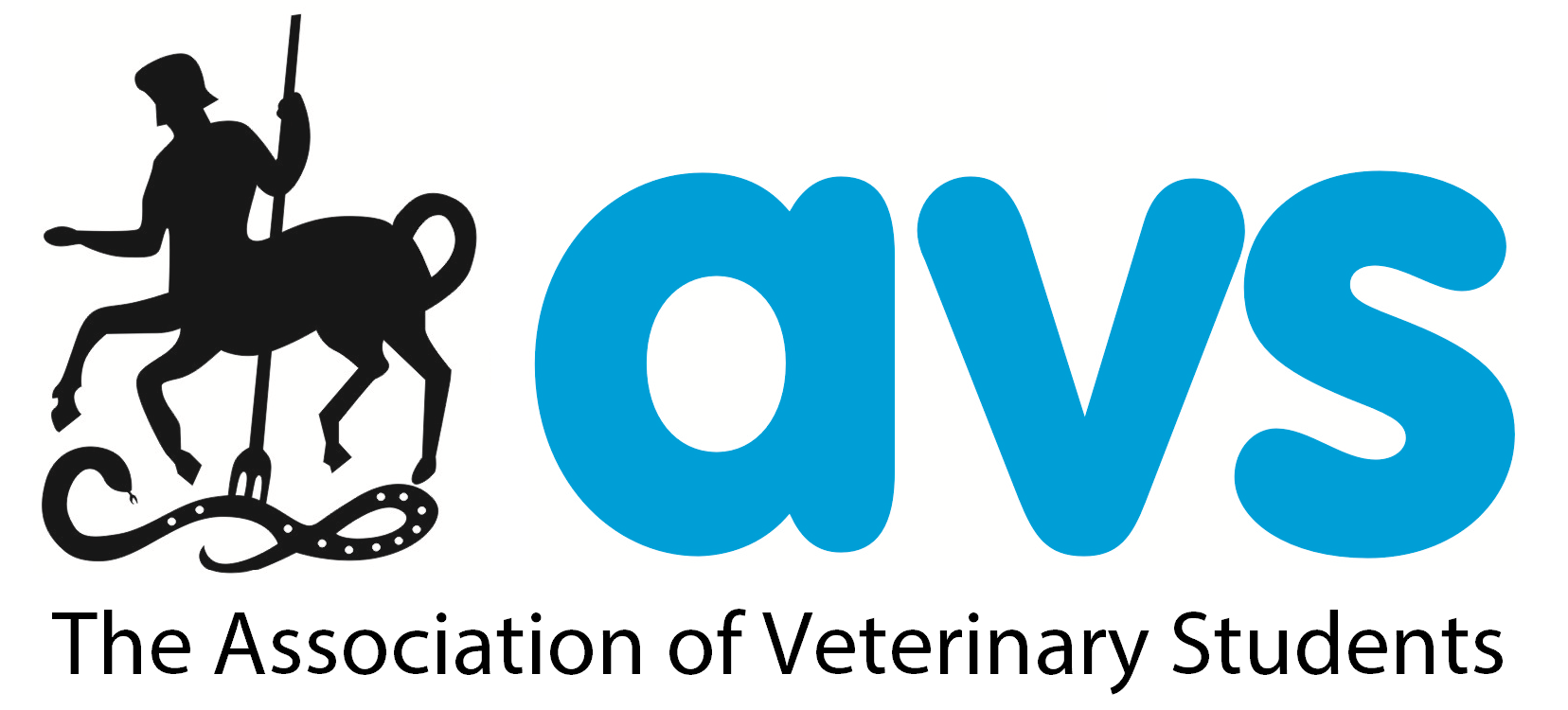AVS presents ‘A CV of Failures’
Prof. Josh Slater takes us through his career failures and mistakes made over the years.
“We are each our own worst critic”. We’ve heard the line a million times before, but why is it we rarely give ourselves a break? Indeed, those in the veterinary profession are victims to such self-criticism, exacerbating the stigma of failure within the vocation and fuelling the fear of being ‘struck off’ at any moment. In a profession where the stakes are high, perfectionism is rife and although it is probably one of the reasons for our entrance to the job, it is one of vets’ biggest downfalls. In retaliation to the shared fears and anxieties, AVS presents ‘A CV of Failures’.
A project run annually at vet schools across the country, the talk aims to tackle such stigmas of mistakes and failures in the vet world. This year, Cambridge is joined by the equine clinician and equine infectious disease expert, and self-confessed perfectionist, Professor Josh Slater.
Graduating in 1985 from the University of Edinburgh, Professor Slater has since worked in private equine practice and completed a PhD in equine infectious diseases at the University of Cambridge. Josh has held several biosecurity roles at international equestrian events including the 2008 Beijing and 2012 London Olympics, as well as the World Equestrian Games more recently in 2018. Having lectured at RVC and Cambridge, Josh supervises pre-clinical anatomy at Girton College, usually on Saturdays at 9am – not the best friend to my undergrad-hungover-self. Diving further into the work history of Josh’s curriculum vitae, several presidencies stand out. Josh is a past president of not only the British Equine Veterinary Association, but also the European College of Equine Internal Medicine and the Federation of European Equine Veterinary Associations. Currently, Josh is the Head of the Department of Veterinary Clinical Sciences at the Melbourne Veterinary School.
With such an impressive CV, there appears to be little room for failure. However, along with an attempt to spay a tom cat, Josh describes the all too familiar feelings of imposter syndrome, perfectionism, and the omnipresent feeling of being “rumbled” at any moment.
“Perfectionism is our first failure,” Josh describes. Vet students are inherently high achievers and it is perfectionism that fuels our clinical aspiration, but perfection is not and cannot always be achieved: “Our first failure is failing to realise that we are perfectionists”. Evidently, being a perfectionist is not only an obvious answer to the interview question, “What’s your biggest weakness?”, but a real struggle for many. Particularly at vet school when, after leaving school, the high-achieving individual becomes the norm, our mistakes are blown out of proportion and self-criticism is heightened. Comparison of grades, EMS placements, overall ‘keenness’ for our degree is constant – albeit verbalised or confined to internal thoughts. This “pressure cooker effect” creates a suitable environment for imposter syndrome, a feeling of being a fraud and somehow getting away with it.
Speaking from experience, Josh explains the recognisable feeling of achievement accomplished purely by luck. Despite his vast experience in the field, Josh jokes part of his residency success at the University of Cambridge was due to the fact that “no one else was available”. Similar notions of luck echo throughout as Josh takes us through his career trajectory: “Who knows how I did, but somehow I secured a job at a mixed practice after graduating,” Josh laughs. Even now, Josh jokes how remarkably he is yet to be “found out” as he enters his 37th year in the job.
The talk later discussed how to tackle our negative and fraudulent feelings. In particular, Josh is keen for further discussion throughout the profession to address common feelings of phoniness and failure. Josh notes that attitudes have changed greatly over the years – recounting a lameness he referred to a specialist that, at the time, was seen as a failure. However, more work can be done to verbalise and air out our moth-eaten thoughts of “I don’t know how I got here, I really slipped through the net”. Josh urges us to acknowledge our success and recognise our skills, and help colleagues do the same. Similarly, let’s talk about the times we accidentally tried to spay a tom cat or tried to lamb a post-partum ewe on EMS (I won’t mention names). We hold ourselves and our work to a high standard in the vet world and rightly so. We aspire to provide our best work for patients and clients, but we shouldn’t sweat the small and common mistakes that come with learning – and this is lifelong!
As Hannah Montana once said: “Everybody makes mistakes, everybody has those days”. Mistakes and mishaps are a daily occurrence in life, let alone the veterinary profession – so let’s talk about it! Although we may omit our failures from job applications, every professional has a hidden mistakes section amongst the work experience and education headings of their CV. Furthermore, let’s recognise our failure to give ourselves a break and focus our perfectionism on providing high standards of care. Nonetheless, recognition of harsh self-criticism is clearly not something learnt overnight, but a lifelong constructive process. However, with greater acknowledgement and awareness of mental health of veterinary professionals, perhaps the stigma of failure can be lessened as a new generation of vets format their CV.


